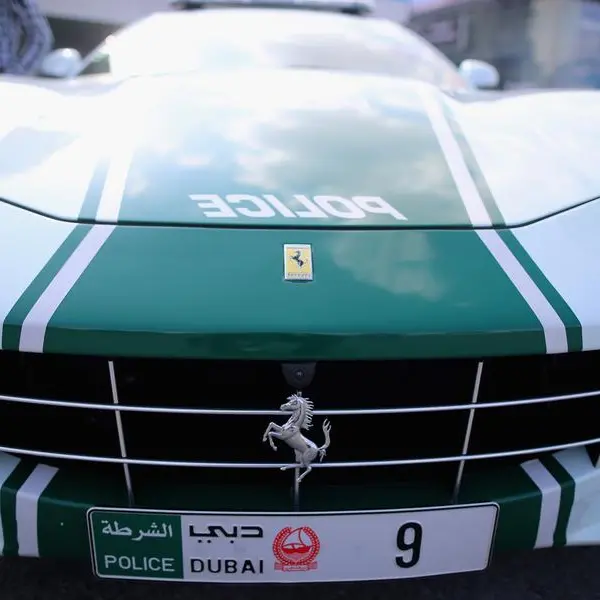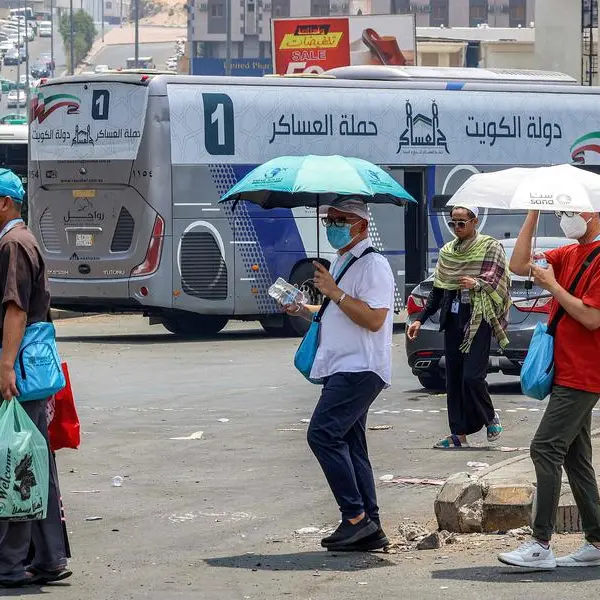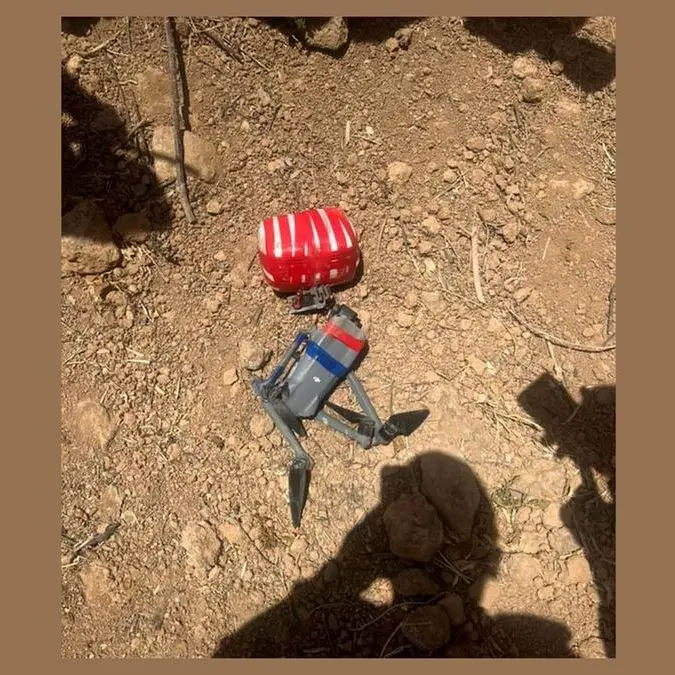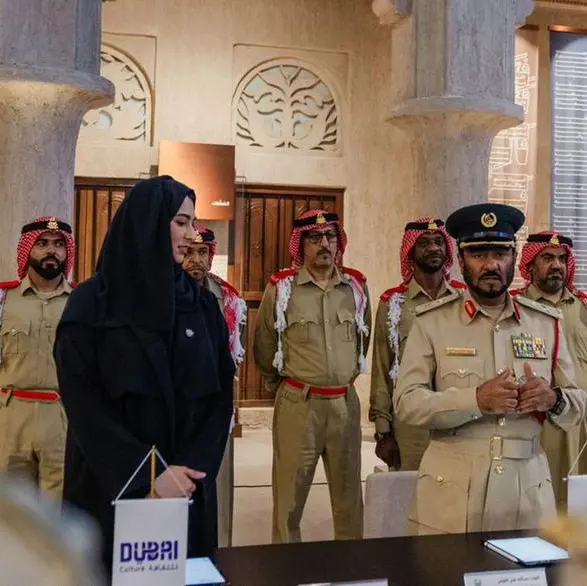PHOTO
The holy month of Ramadan is highly regarded by Muslims. It is a month when virtuous acts are highly encouraged, particularly giving charity to the poor. Unfortunately, there are people who exploit this generosity for personal gain.
Khaleej Times asked more than 2,500 residents if they'd ever given a 'beggar' money in the UAE. While 11 per cent said they had yet to encounter a beggar in the country, a substantial 42 per cent affirmed they had given money out of pity, while another 12 per cent said they did so more out of compulsion than compassion — because they didn't know how to say no. A sizeable 33 per cent, however, stated they did not entertain beggars, as they believed them all to be fake or part of larger gangs.
We also spoke to some residents who fell victim to beggars which they believed were genuinely in need, only to discover they were scammers.
Mohammed Matta, a 40-year-old Deira resident and businessman, recounted an incident from the previous Ramadan when he extended help to a few people. Much to his surprise, he later encountered them at a cafe in Al Qusais during the evening.
“While I was returning home after praying my Asr prayer in Al Ras, a woman with her child was outside a masjid requesting to help her. I handed over a sum of money and left from there. After my taraweeh prayers, I spotted the same woman at a cafe and that too during Ramadan,” said Matta.
“I was really surprised and didn't know what to say. I wanted to talk to her right then, but I had to hurry to meet a client. A few days later, I saw the same lady at the same mosque in Al Ras. When I asked her about it, she denied and quickly moved away from me,” said Matta.
Many residents also mentioned that these exploitation tactics increase during the holy month of Ramadan, when people are more inclined to give to those in need.
“Beggars come up with many tactics to scam the residents. I have seen a disable person who was on a wheelchair, begging outside Yakub mosque in Rigga. I often helped him and his brother who accompanied him,” said Ateeq Ahmed, a resident of Al Maktoum Road.
“But one night I stayed up late in the mosque and I had been to walk after my prayers. I couldn’t believe what I saw. I caught them red handed dividing the money and the person on the wheelchair could walk properly,” said Ateeq, who then complained to the police.
“They were not to be seen later. One thing I learnt is not to help people begging for money. All we should do is donate through the right channel,” added Ateeq.
Abdul Azeez, another resident of Al Maktoum Road, was normally carrying on with his fitness routine after taraweeh prayers. He goes jogging along the Creek.
“A women was sitting at the Deira Creek on the bench. One look at her, I understood that she was in distress I inquired if she wanted any help. She told me that she did not break her fast and she had been trying to get some food for breakfast,” said Azeez, a toys businessman.
“When I walked to the café to get the some food, I saw her running as the police vehicle was approaching. And while she was escaping from the police sight, I saw a few currency notes falling from her bag to which she did not even bother picking it up. I realized that she was trying to scam me,” added Azeez.
To counter such practices, the Dubai Police have launched an anti-begging campaign, beginning on March 1 and continuing until the end of Ramadan.
The campaign, announced during a press conference at the police headquarters, aims to curb the rise of begging-related crimes. Police shared an incident of an Asian woman carrying a child, who was into begging and was arrested. She had collected over Dh30,000 within a month of begging near mosques and residential areas. Having entered the country on a visit visa, she is now facing legal consequences after being referred to public prosecution.
Dubai Police has cautioned the public against falling prey to beggars employing various tactics to exploit sympathy.
Copyright © 2022 Khaleej Times. All Rights Reserved. Provided by SyndiGate Media Inc. (Syndigate.info).





















